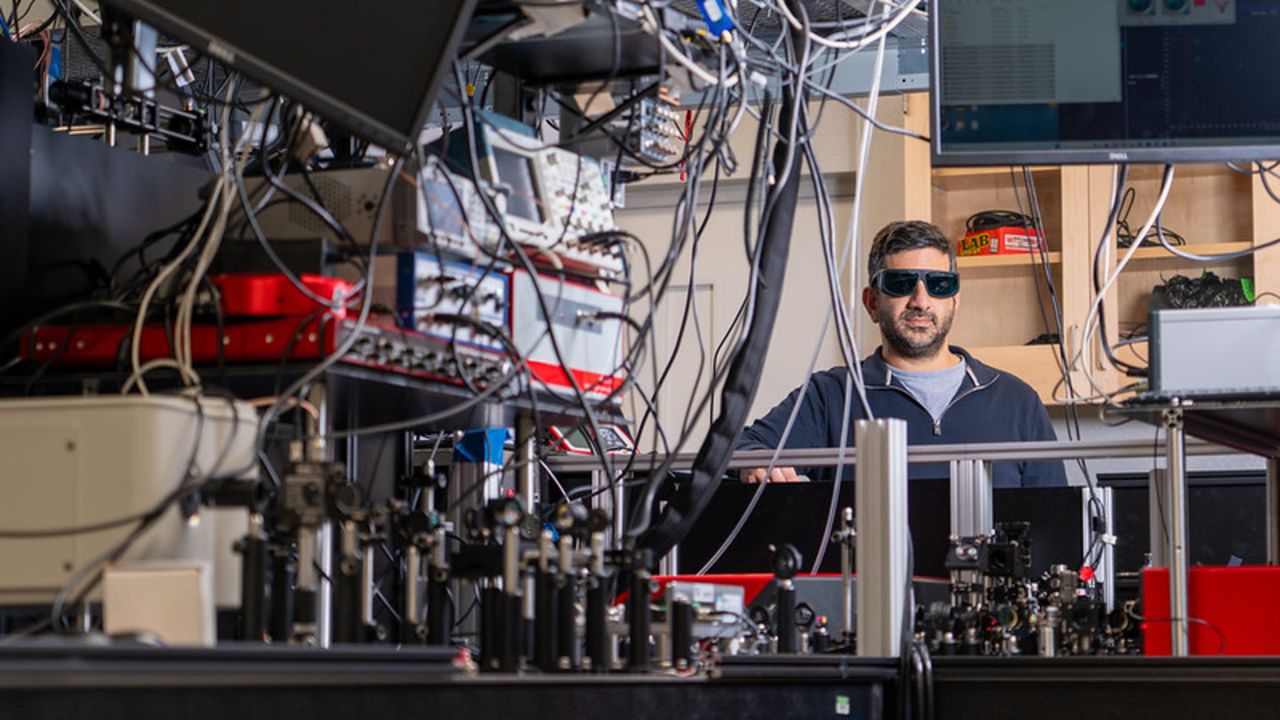World's biggest X-ray laser discovers never-before-seen type of ice that's solid at room temperature
PositiveScience
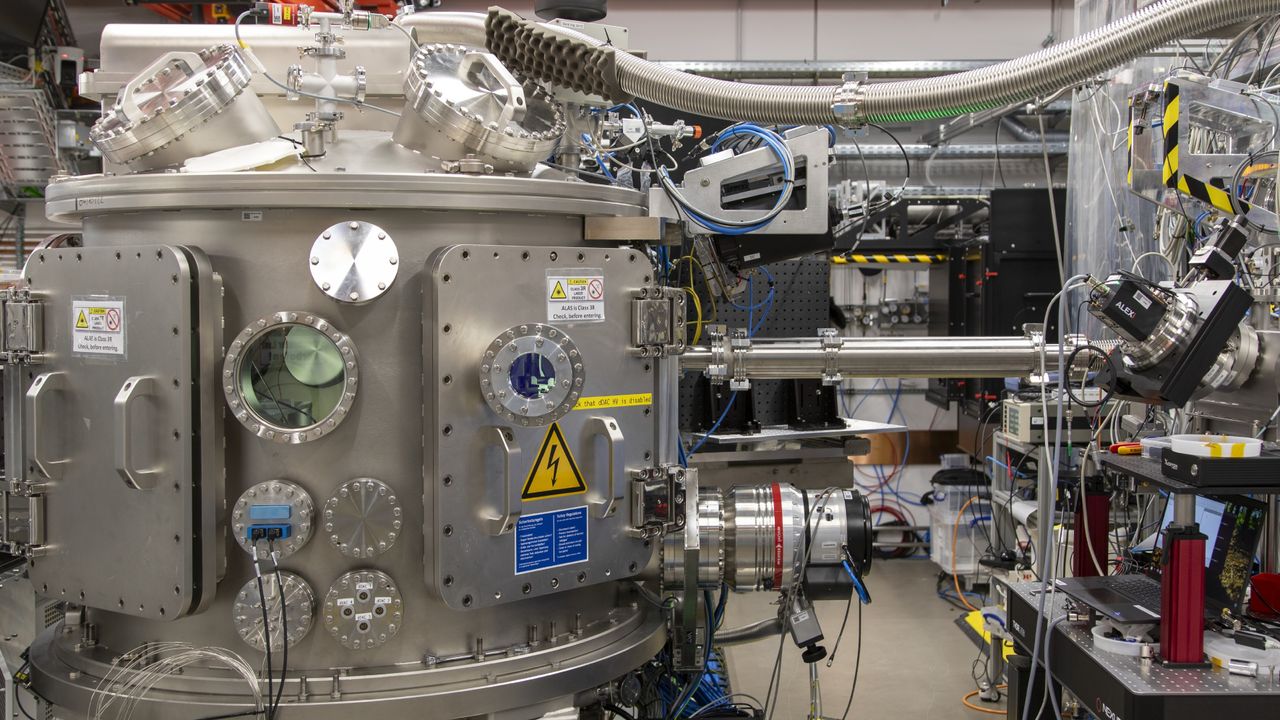
Researchers have made an exciting breakthrough by discovering ice XXI, a new type of ice that remains solid at room temperature under high pressure. This discovery is significant as it challenges our understanding of ice and could have implications for various scientific fields, including climate science and material studies.
— Curated by the World Pulse Now AI Editorial System
/https://tf-cmsv2-smithsonianmag-media.s3.amazonaws.com/filer_public/2b/13/2b132c3e-2d0a-47b4-8c6b-62b954d9a9af/smithmag-podcast-s04-ep15-aeroecology-article.jpg)
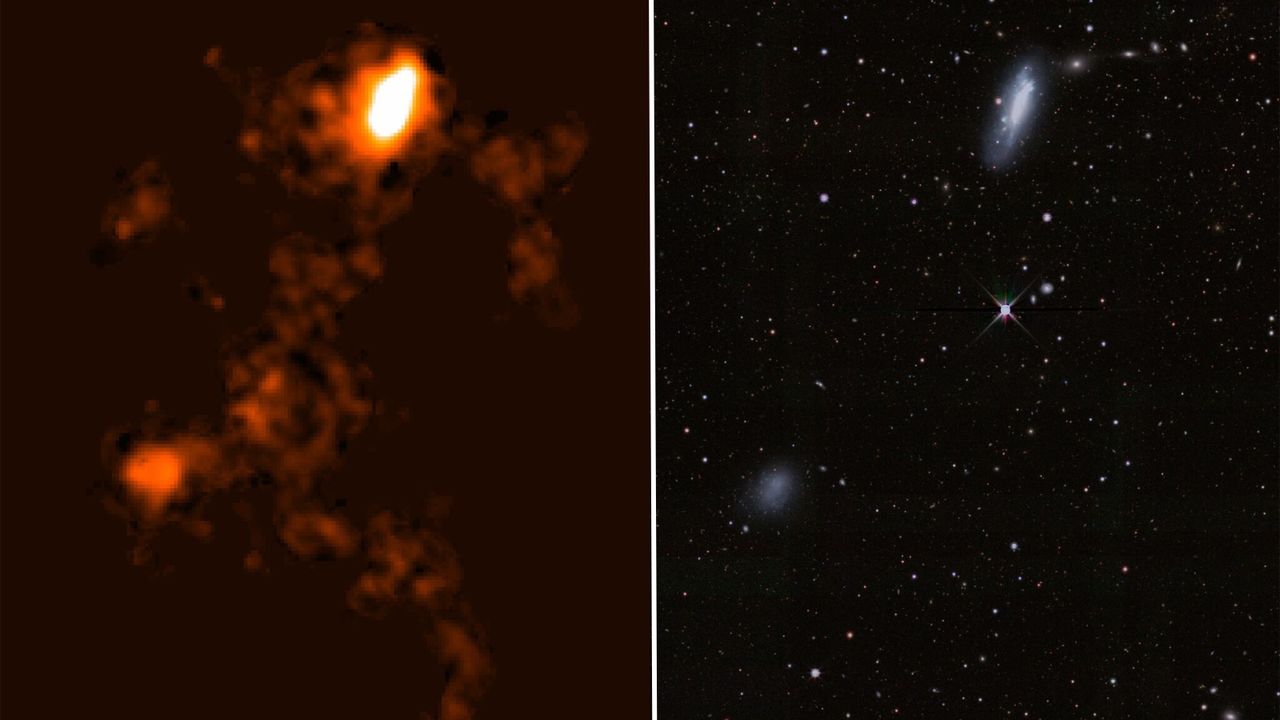


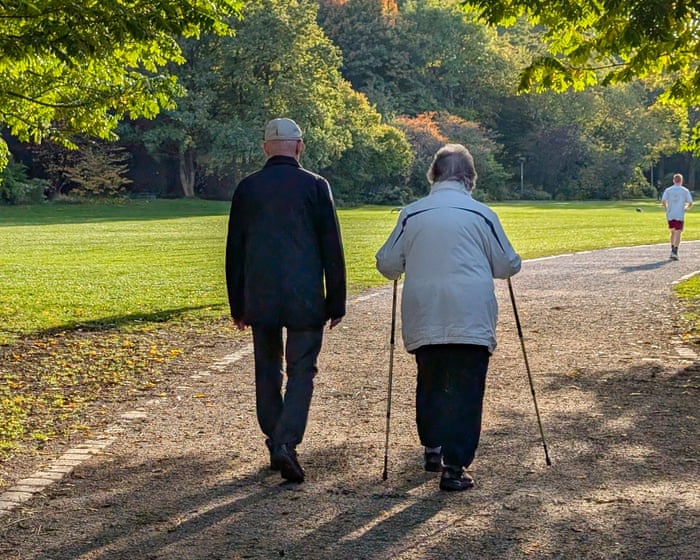
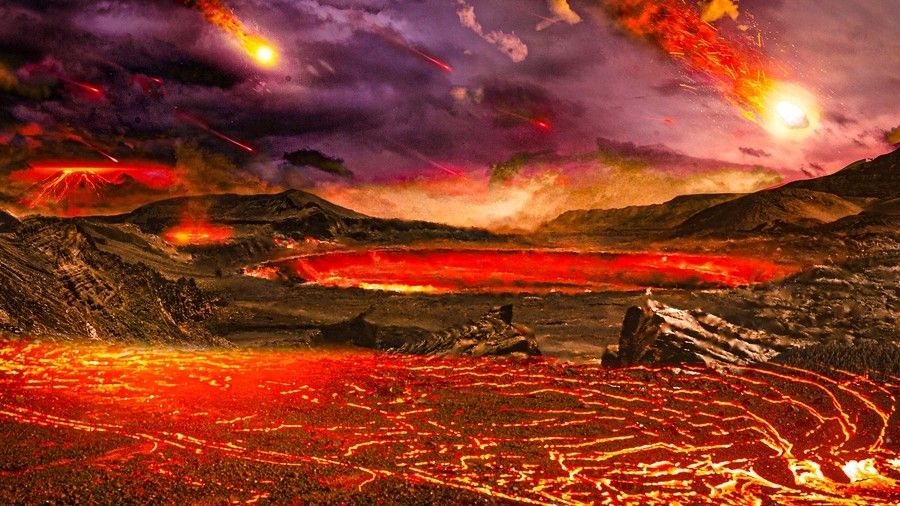
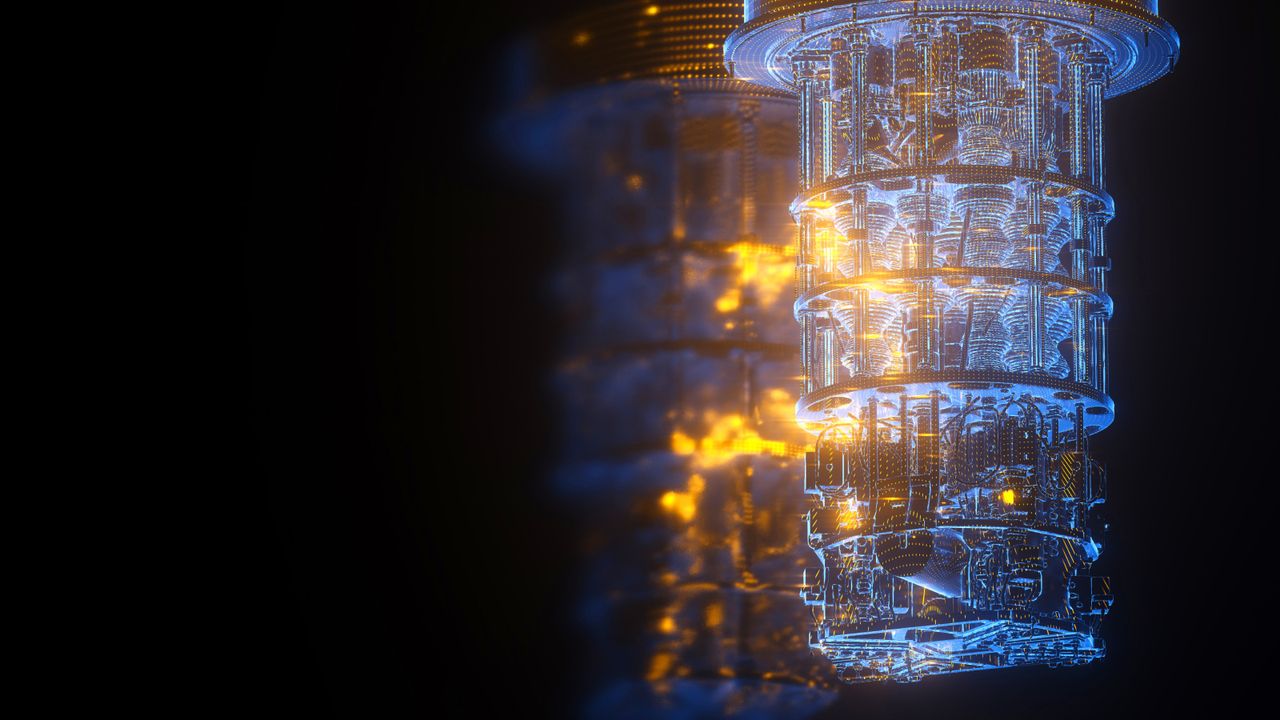

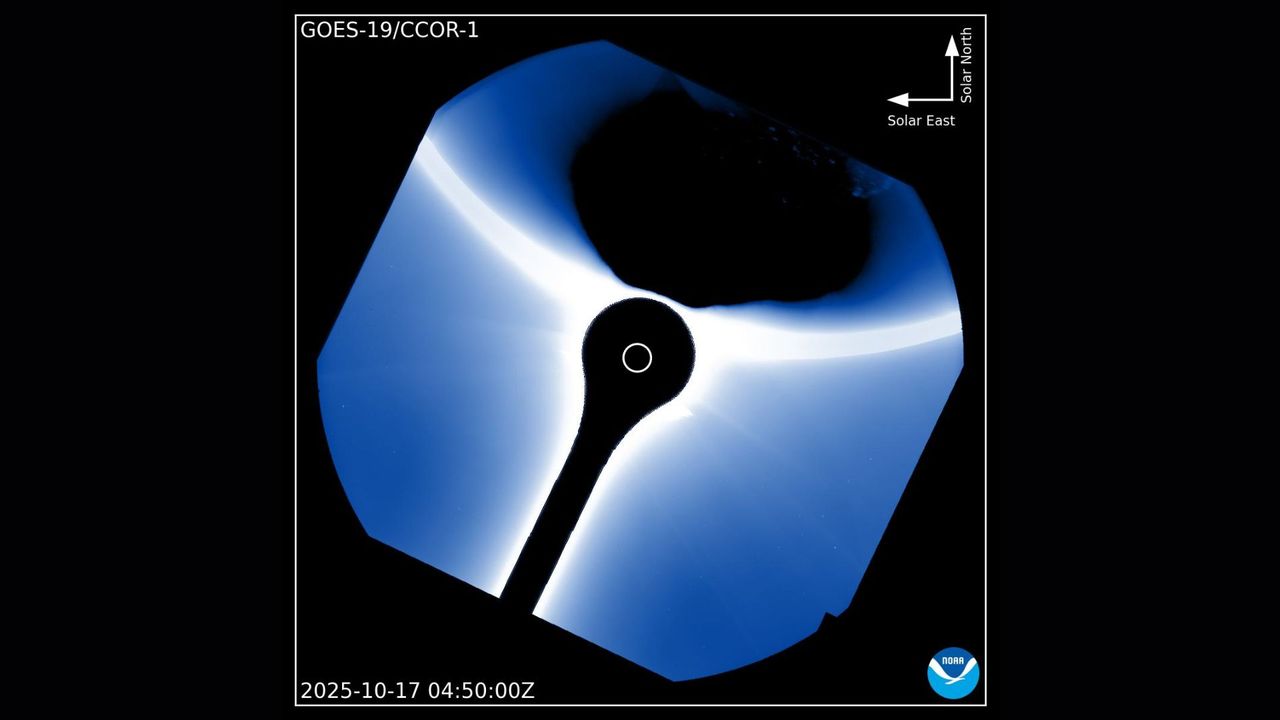

/https://tf-cmsv2-smithsonianmag-media.s3.amazonaws.com/filer_public/c4/6e/c46e33ea-a5b4-43ed-bf42-557bf97b1427/nov2025_h13_tristiangooley.jpg)
